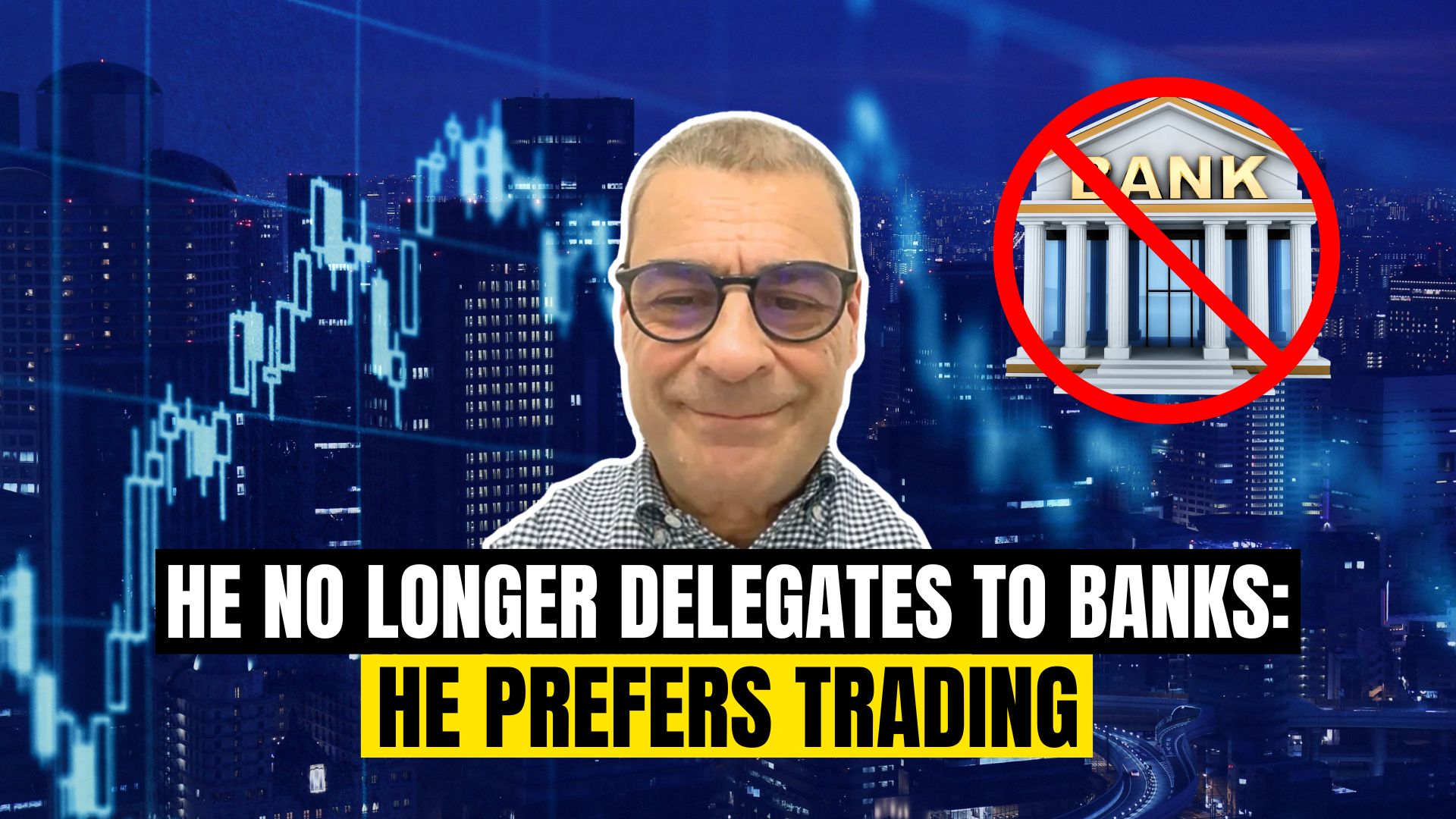Hey everyone, one of the coaches of Unger Academy here and welcome to our weekend chat in which we try to understand what happened on the markets over the last few days.
So let’s start with our markets overview. For sure, this was a pretty tough week for stock indexes. We can see it from the chart of the Mini S&P 500, for which yesterday, in particular, was a very bad day, even if on Thursday the markets were closed due to the Thanksgiving holiday and yesterday they closed sooner than usual. Over the last 5 days, the Mini S&P 500 fell by 1.8%, while Nasdaq dropped by 2.66%.
If we take a look at the European stock exchanges, we’ll see that in Europe things went even worse. Just look at the sharp drops of the EuroStoxx and the Dax. They’re both losing over 4%. This is the Dax, and here’s the EuroStoxx. You see, it all happened in one day.
As you probably know, this considerable drop is due to the spreading fears of a new Covid-19 variant. People are concerned about a resurgence of the pandemic, and that’s why even on days such as yesterday, when the session is shorter than usual due to an early closure, the markets can still be characterized by huge volatility levels.
On the other hand, the Bonds resisted and ended the week up by 0.50%. We can see a large green bar on Friday, and as it’s pretty normal in these cases, due to the inverse correlation that exists between bonds and stocks, we see that both the T-Bond and the TY are rising. The Bund, although negative on a weekly basis, also rose in a pretty strong way.
The energy sector is negative and shows some significant falls. Gasoline drops by -6%, Heating Oil goes down by 7%, and Crude Oil falls by -7.60%. The only energy future whose prices haven’t change that much this week is Natural Gas.
However, it’s pretty evident that when the markets are shaken so strongly as it’s happening these days, different asset classes can usually move in unison even if there’s no particular correlation between them.
In this case, for example, the Metals also went significantly down. Silver fell by 6%, while Platinum went down by 6.8%. Copper also fell, ending lower by 2.3%. And Gold went down by 2.80%.
On the other hand, the Meats sector was positive, with Live Cattle and Feeder Cattle gaining over 3.6%.
As for the Soft Commodities sector, we also have significant negative returns here, with some markets losing over 4% and Cocoa dropping by over 7%. The only future that moved against this trend is Coffee, which is currently at the highs of the period and rose by +5.30% over the last 5 days.
Here we can see some mixed returns on the Cereals. No big drops here, apart from Soybean Meal of course.
Now let’s move on to Currencies, where we can also see some mixed returns. The Euro has recovered slightly against the Dollar this week, even if it’s now still around the same values as last week, so 1.13.
Finally, Bitcoin has also gone down significantly, dropping by -6.76%. This crypto has been weak for a while now, so let’s see if it will be able to get close to its all-time high again before the end of the year.
As it usually happens when some huge drop occurs in the markets, volatility tends to increase. In this case, we can see a sharp increase in historical volatility compared to the last month’s values. In the short term, we are close to the highest percentile, but we also see some significantly high values in the long term. In the case of the EuroStoxx, for example, it’s around the 75th percentile.
As for implied volatility, things are pretty much the same. Also, in this case, we can see that implied volatility values are remarkably greater than last week. It’s been a while since implied volatility has been rising over the long term, so here are the first hints of backwardation, that is, a reversal of the volatility term structure, which, as you know, is a potential warning sign. The VIX is on decidedly high levels… Well, actually, it’s at the highs of the last few months, starting from April, even March.
So let’s be very careful, and wait and see how, next week, the markets are going to react to the news of a new Covid-19 variant.
Let’s conclude our overview with the rollover calendar. As you can see here, there will be several rollovers next week. In particular, we’ll have the Bund on December 3, and on that same day, there’ll also be the Nikkei and all the major Currencies as well.
Okay, guys. If you want to learn more about us and how we teach trading here at the Unger Academy, by following the method of Andrea Unger, the only 4-time world trading champion with real money, click the link you can find in the description of this video. It’ll take you to a free webinar where Andrea explains the secrets of his success and how he managed to build a winning method that let him achieve these extraordinary results.
Until next week, stay safe everyone! Bye-bye!







